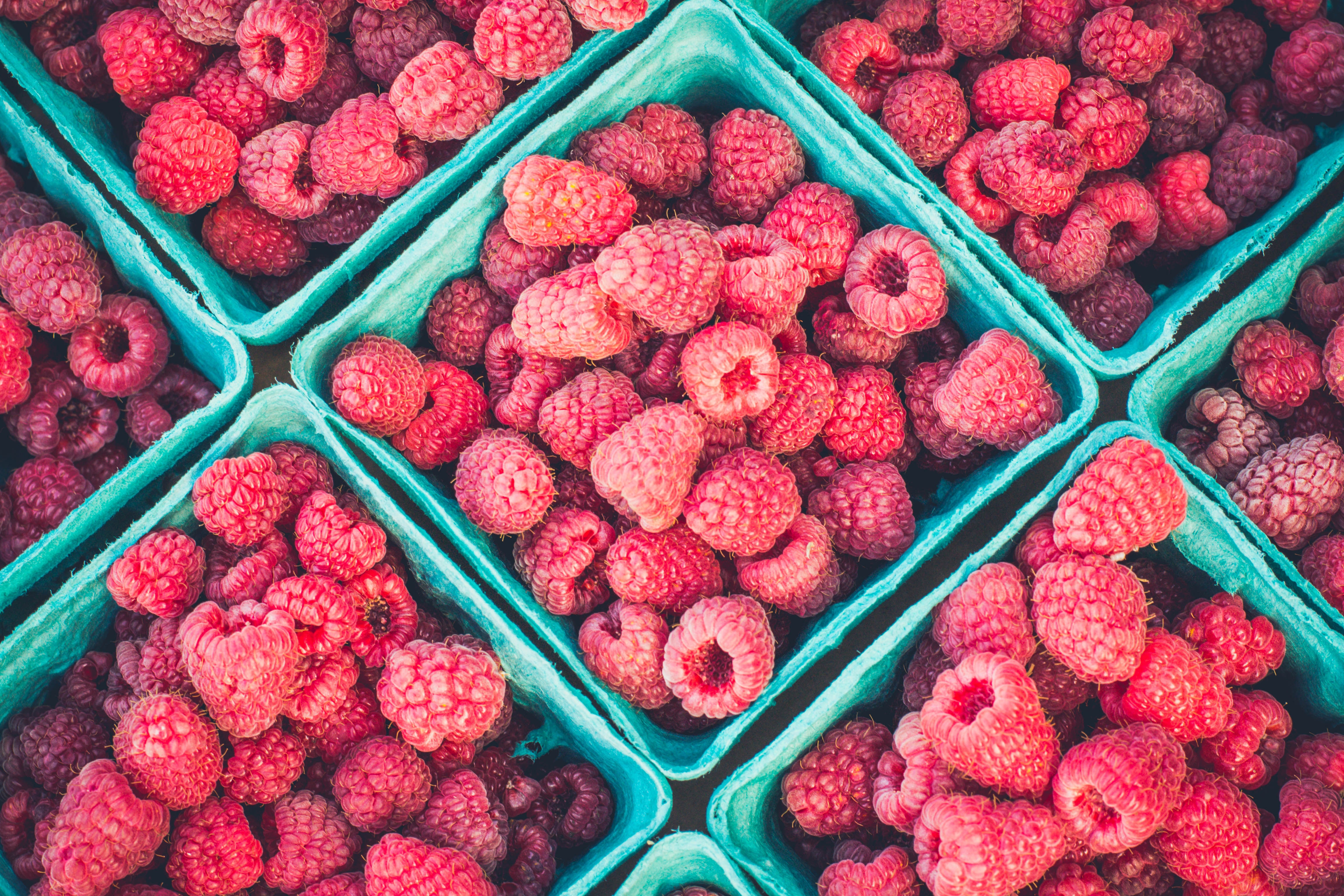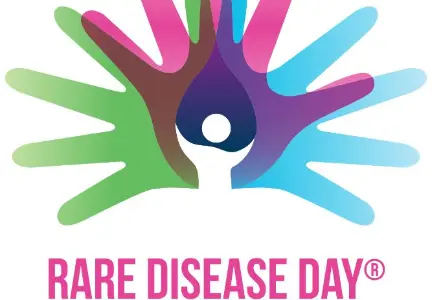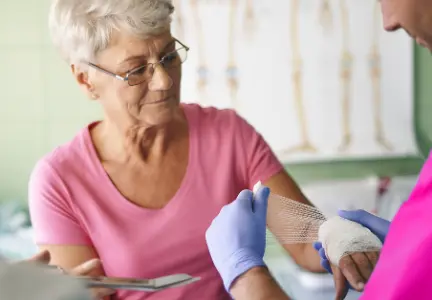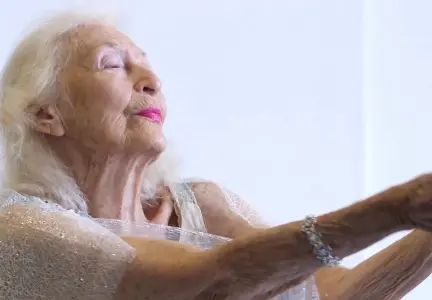There are very few people, of any age, who won’t point out something about themselves they don’t like: too tall, too short, too thin, overweight, the list is endless. However, as we age we seem to add to that list: wrinkles, loss of muscle tone, age spots, changes to our skin and hair and to our metabolism and therefore our weight.
Whilst it’s fair to say that international model and nonagenarian Daphne Selfe has every right to feel beautiful (she has, after all, been working as a model for over 60 years) she is the first to admit that beauty is “largely what shines out of you, irrespective of your physical attributes and circumstances. It’s in your eyes, attitude, poise and attention to those around you.”Daphne Selfe – Model, UKThe findings of a study released earlier this year indicated that Daphne is correct. Ageing well appears to be far more in our control than we think. The research looked at people aged 90 years and over to learn more about their lifestyle in relation to their physical and cognitive health. The results showed that social interaction, exercise, weight and the odd glass of wine played a big part in a person’s ability to age well.

Nothing surprising really, but whilst the research showed that calorie intake is important to ensure we maintain weight as we age, it can be very confusing to know which foods will ensure we feel good on the inside in order to shine on the outside. Here, we’ve taken a look at a nutrient that plays an enormous role in our diet and ability to age well and live long.
Those more obvious signs of ageing are actually signs of oxidation inside our bodies. Getting scientific for a moment, oxidation is the process in which oxygen molecules, referred to as ‘free radicals’’ damage the body at a cellular and tissue level. This process is thought to be responsible for wrinkles, loss of memory, organ break down, loss of skin elasticity. Brown ‘age’ spots are another sign of the oxidation process – they’re simply oxidised fat under the skin.

Not surprisingly the body produces antioxidants, a natural line of defence to ward off these free radicals and manage the oxidation process. Too many to list here, the powers of antioxidants are amazing – they’re believed to assist in brain function, prevention of blood clots, lowering blood pressure and reducing inflammation. A Swedish study followed the health of over 30,000 older women over several years and found that those with a diet rich in antioxidants had lower stroke risk. But most importantly on the “beauty” front, they can keep our bodies from succumbing to those pesky free radicals and therefore slow down some of those effects that make us feel less ‘beautiful’.
Keeping it simple, we’ve compiled a quick list of everyday foods that are rich in antioxidants and nutrients:
Berries
Fresh or frozen, berries are a great source of antioxidants as well as being a good source of fibre and helping to improve blood sugar and insulin levels. Blueberries, blackberries and raspberries have been shown to have the highest antioxidant activity but don’t discount strawberries which are also high in Vitamin C – one cup = 150% of the recommended daily intake.
Beans
As well as a great source of fibre, beans are full of nutrients including zinc, iron, magnesium and folate as well as those much-needed antioxidants.
Vegetables
Where do we start? Here’s where we can really start to introduce the colour to our diet that will help us radiate beauty. As well as antioxidants vegetables offer fibre and loads of vitamins and minerals. The darker and brighter the vegetable, the more nutrients. Dark leafy greens can help fight the free radicals that break down the body’s cells and tissue. Sweet potato and carrot have vitamin A for eye and skin health. Tomatoes contain the antioxidant lycopene which can help reduce sun damage as well as assist in absorbing healthy fats. Capsicum has collagen-boosting vitamin C. The list of vegetables and corresponding benefits goes on and on.
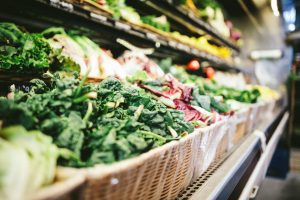
Nuts
Nuts are a cholesterol-free plant form of protein. Like vegetables, the benefits of nuts are broad and vary according to the nut itself. Almonds are rich in Vitamin E which can help lower the risk of stroke in women. Pecans have antioxidants. The unsaturated fats in walnuts can lower LDL and raise HDL cholesterol. But do remember nuts are generally high in calories so enjoy them in moderation. A small handful can make a great snack.
Spices
Spices can be a fantastic source of antioxidants, turmeric is just one of them.
Omega-3’s
Always add foods that are high in omega-3 fatty acids, such as fish and nuts, great for strengthening your skin.
Protein
Our bodies need protein (think meat, fish, eggs) to make collagen and elastic tissue, for strong supple skin.

As we head into our 60’s our body’s digestive system becomes less efficient and can take longer to metabolise the nutrients from our diet and create the antioxidants required, which in turn means the free radicals have more time to take over.
The short version is, as we age, it becomes more important to ensure the foods that are rich in antioxidants are a part of our daily diet.
And one final thought, remember that beauty is many things to many people. Above all, we believe that ageing with joy and possibility, (as well as a daily intake of antioxidants) is the key to happier ageing.

